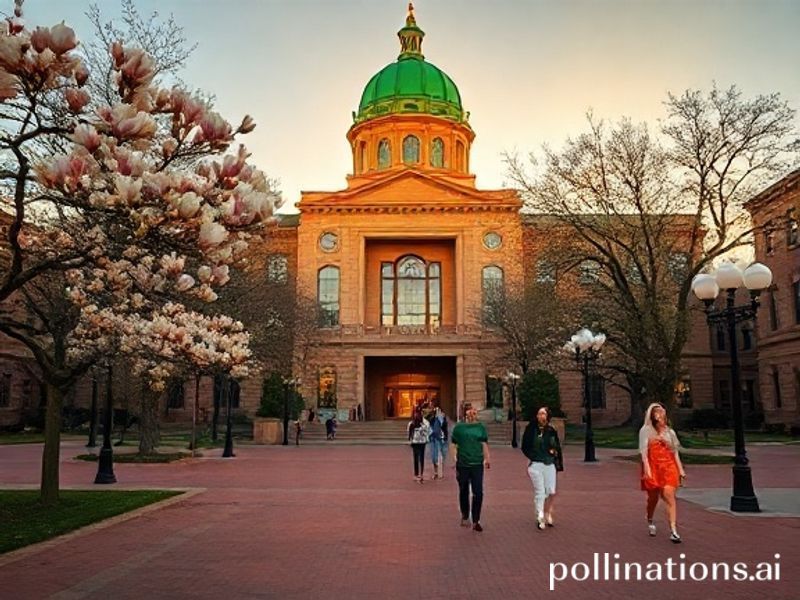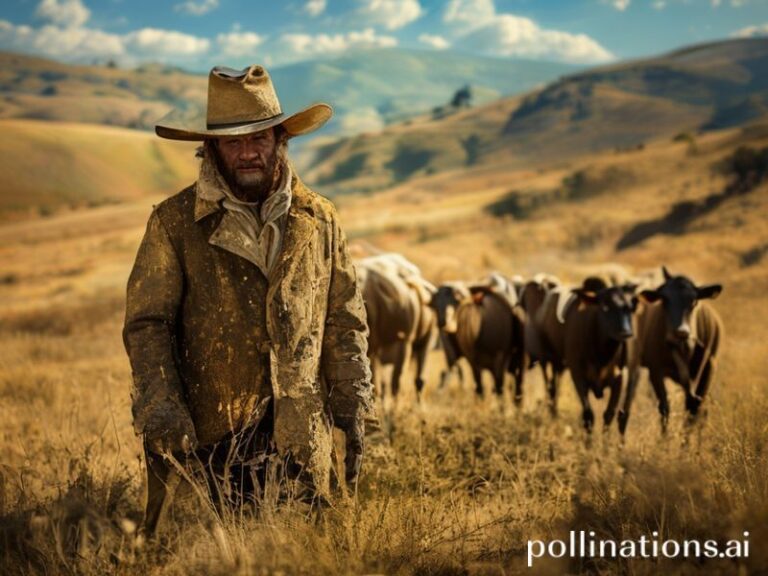baylor university
Baylor University, or “The Vatican of the Brazos” as Texans half-jokingly call it, sits in Waco like a limestone-clad monument to American contradictions. From the vantage point of a journalist who has filed dispatches from Jakarta traffic jams and Siberian tundra, Baylor is both comfortingly provincial and unsettlingly influential—a Baptist battlement that exports ideology faster than its football team exports concussion protocols.
Founded in 1845, when Texas was still flirting with nationhood, Baylor predates Germany’s first Reichstag and has outlasted most European monarchies. That longevity grants it soft power: its 20,000-strong alumni web in Washington lobby firms, London megachurches, and Seoul private academies quietly nudge policy on everything from abortion bans to AI ethics. The university’s endowment—$2.1 billion, give or take a cryptocurrency dip—rivals the GDP of Belize. All that cash buys more than new labs; it buys a seat at the global table where values are plated like hors d’oeuvres.
Internationally, Baylor markets itself as the polished alternative to secular coastal chaos: a place where future Nigerian oil executives can major in entrepreneurship while pledging not to dance too close on Saturdays. The pitch works. Enrollment from China surged 400 % in the last decade, proving that authoritarian-leaning parents everywhere appreciate a campus where surveillance culture comes pre-installed—only here it’s called “accountability software.”
Of course, no brand is blemish-free. Baylor’s 2016 sexual-assault scandal—where football stars were treated like minor deities with diplomatic immunity—echoed from Dublin pubs to Delhi newsrooms as yet another example of American institutions protecting their revenue streams first, souls second. When the NCAA tsk-tsked and docked scholarships, global observers nodded knowingly: same song, different denomination. The university’s subsequent repentance tour (Title IX trainings, glossy diversity brochures) played like a megachurch telethon—tearful apologies conveniently timed with Giving Tuesday.
Yet the world keeps watching because Baylor is a pilot plant for a broader experiment: how to maintain doctrinal purity in an age of TikTok and trade wars. Its partnership with the Chinese government on “moral leadership” seminars raises eyebrows from Brussels think tanks to Bangkok monasteries. After all, nothing says “interfaith dialogue” like Baptist theologians and Communist Party cadres bonding over shared enthusiasm for campus curfews.
Athletics remain Baylor’s most effective foreign policy. The women’s basketball team’s 2021 championship—won in a San Antonio bubble that looked like a bio-hazard revival tent—was broadcast in 167 countries, proving that soft power can wear neon Nikes. Meanwhile, the men’s program, once dubbed “DMV U” for its talent pipeline, now scouts Eastern Europe with the fervor of Cold War spies, promising wide-eyed Croatians the American dream plus daily chapel.
Academically, Baylor’s push into global health and water engineering sounds noble until you notice the fine print: patents registered in Texas, pilot projects in countries whose labor costs resemble loose change in a fraternity couch. International partners smile, sign MOUs, and quietly wonder if this is development or delayed colonization with better Wi-Fi.
What keeps the cynical correspondent up at night is the realization that Baylor isn’t an outlier; it’s the template. From Riyadh’s new liberal-arts colleges to Manila’s faith-based tech incubators, the Baylor model—deep pockets, deeper convictions, strategic amnesia—is franchising faster than Starbucks. The world may laugh at American contradictions, but it copies them wholesale, right down to the artisanal guilt.
So as the Brazos River keeps rolling past campus, carrying runoff from fertilizer plants and the occasional abandoned couch, Baylor graduates fan out across the globe armed with diplomas, moral certainty, and an uncanny knack for monetizing redemption. Somewhere in a Nairobi co-working space or a Berlin Bundestag committee, an alumnus is pitching a policy paper that begins, “Studies at Baylor show…” The rest of us, citizens of a planet increasingly stitched together by such certitudes, can only nod politely and check our pockets.







